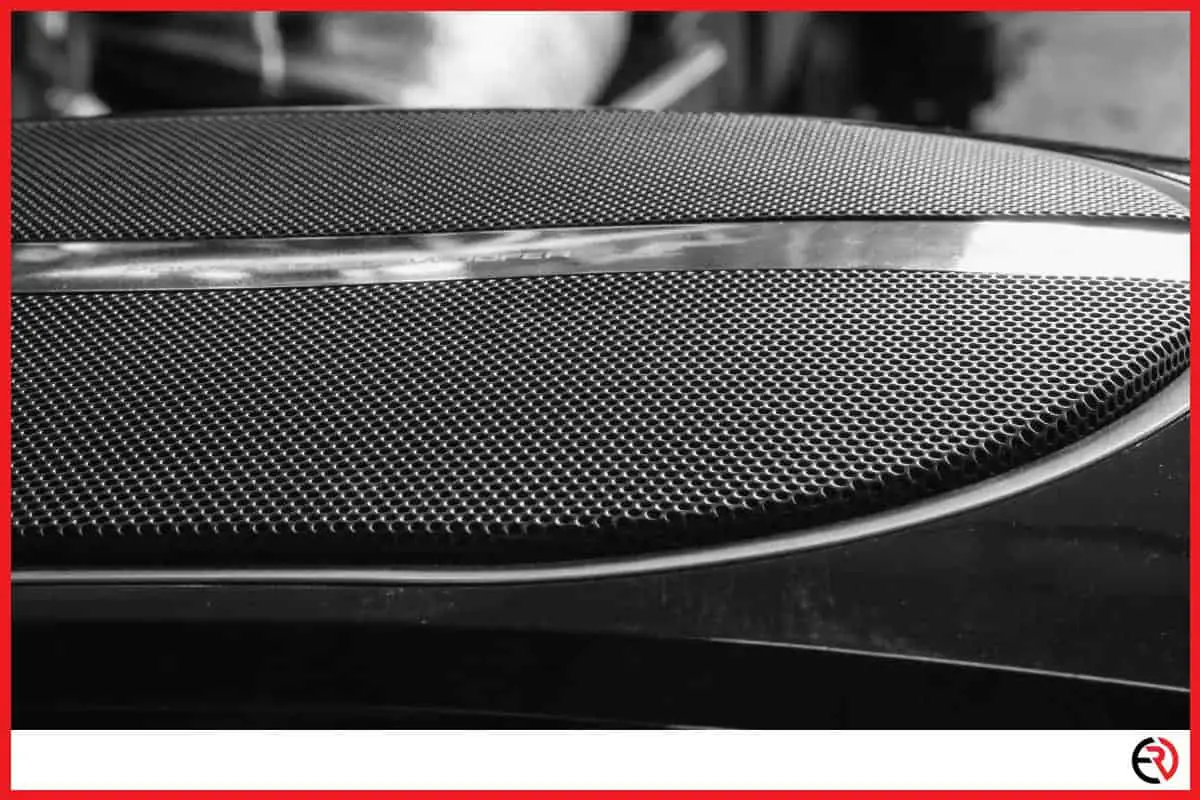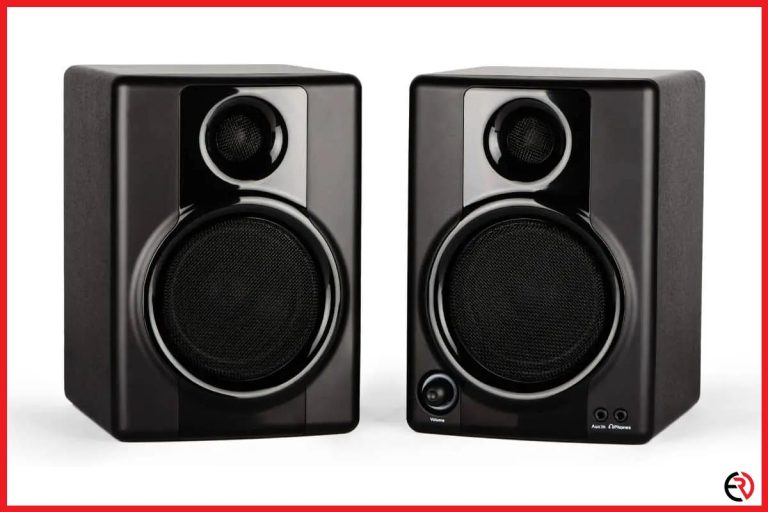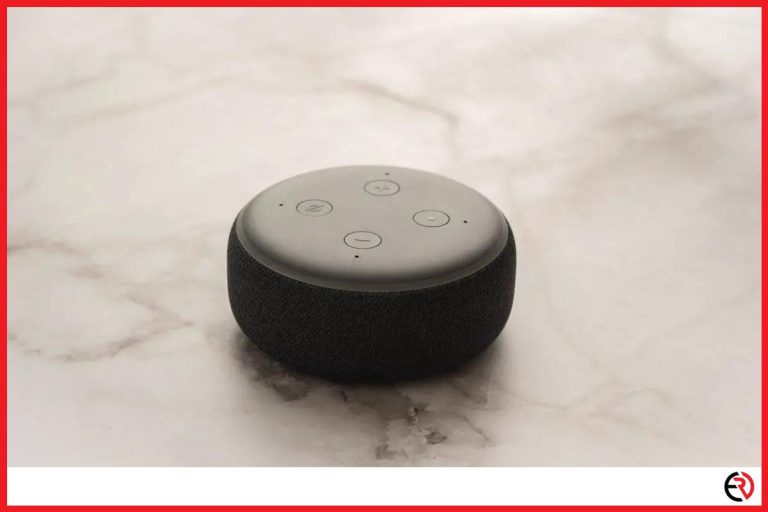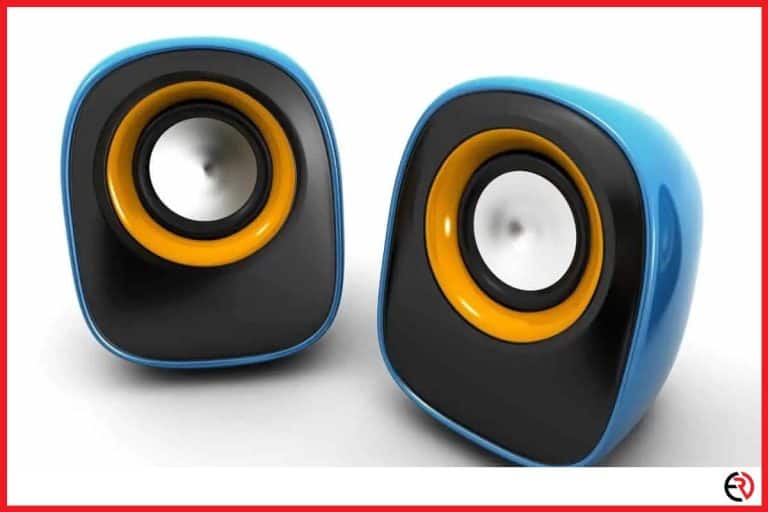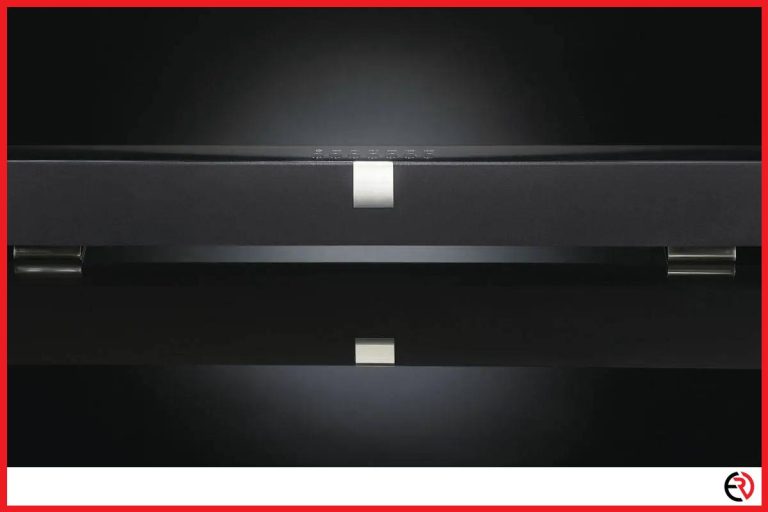Are Subwoofers Bad for Your Car? (Things You Should Know)
This post may contain affiliate links which means that, if you choose to make a purchase, I may earn a small commission at no extra cost to you.
Can you not decide whether to buy a subwoofer for your car? Is it a good choice for your vehicle? Subwoofers are the number one choice for most car owners who are considering improving/upgrading the music system. This is because the devices help bring the best in any music, but at an additional cost.
Although subwoofers are not capable of imparting structural damage, they can loosen a bunch of things thanks to the vibration from the speakers. Reports state that mirrors, nuts, and even door panels have come loose thanks to the hunky vibrations of the subwoofer(s).
So there is no scope for any severe damage, but minor inconveniences which you can address quite quickly. Let’s take a look at those pesky problems and their solutions.
How can subwoofers impact your car?
A good-quality subwoofer can cause severe vibrations that can lead to loosened parts. The degree of damage depends on how long the components are exposed to intense music, and it’s not enough to cause any significant harm. Any minor impairment can be easily fixed.
My friend owns a car and has to take it to the mechanic every few months, which is weird, in my opinion. You do not need to service cars that often, and he did not strike me as the type to buy a worn-out vehicle, especially one he planned to use daily.
So I confronted him the other day, and his answer inspired me to write this article. I always thought of music as harmless entertainment. Although loud sounds can be discomforting and often harmful to the elderly, I never expected that quirk to pass onto vehicles.
He told me that he installed a pair of BOSS Audio Systems CXX10 Car Subwoofer a few months ago. He claims them to be the best in the market and even landed the 1400 Watt ones, which are the best bass monsters I have ever seen in a car.
He had to frequent the mechanic because his subwoofer’s audio kept unscrewing the nuts attaching the rearview mirror. Even some of the minor electrical equipment came loose, which caused frequent malfunctions. He has to visit the mechanic every now and then to patch things and fix them before things get out of hand.
Now, I know him to be a true audiophile, so even after all the inconvenience, he is keeping the speakers, but you can avoid such issues. Here is a brief overview of some of the more common problems, so you know what to look for.
Subwoofers can affect your car’s overall battery life
A car battery receives steady power from the alternator. But what happens when you do not drive enough miles? The car battery starts to lose its charge and inevitably goes dry. Now all of your car electrical equipment consumes a decent amount of electricity (more if you have installed custom gadgets yourself).
Adding a subwoofer to the mix will only add to the existing load, putting extra pressure on your car’s power cell. Usually, the stock speaker system (if any) consumes way less current compared to custom speakers and subwoofers. They are well-optimized and are generally of low quality.
However, subwoofers require additional power to play lower (bass) frequencies which exerts your battery beyond its limits, and if you are not traveling enough, the battery will go dead in a matter of days. So, avoid playing music when the car is not in motion or when the engine is off.
Subwoofers can make the rear of your car slump
Needless to say that bigger subwoofers produce high-quality sound, but they also pack a lot of extra weight. Usually, subwoofers range from eight inches to twenty-four inches in diameter; the bigger, the better. However, not all cars are prone to slumping since it depends on the build and capacity of the vehicle.
But it’s never a good idea to put on extra weight, so you should consult an expert before upgrading your in-car stereo system with (possibly) oversized subwoofers.
Do cars rattle a lot if you play loud music on the subwoofers?
All materials have a specific frequency at which they resonate. This inherent vibration is determined by the object’s structure, what it’s made of, and its density. Sound waves matching the resonating frequency of an object can also induce vibration within the said object.
Cars are made up of lots of moveable parts, some of which are quickly resonated by a subwoofer’s blaring audio waves. The low-frequency sound is perfect for rattling a car’s moveable parts, some subtly and some more violently than others.
The audio waves are not enough to cause any serious damage, but prolonged exposure can force loose parts (plastic tabs and mounting bolts) to come off, causing all sorts of issues, from electrical malfunctions to loose mirrors and doors.
Can a subwoofer affect your car’s alternator?
Alternators work with the battery to supply power to your car’s electrical components, and they have a limit. Subwoofers alongside amplifiers can suck tons of energy from the alternator and the battery, thereby causing them to overheat and, in severe cases, damaging them altogether.
Imagine the alternator in your car is capable of supplying 120A of current. This means your vehicle has access to 120A of current while the engine is running, either to charge the battery or to directly power other electronic equipment within your car.
In most cases, the alternator is enough to power everything in your car. However, custom subwoofers and amplifiers with a high power-rating can consume more power than your battery and alternator can supply combined, causing them to overheat.
Either invest in a powerful alternator or avoid installing a powerful audio system with a high power-rating to ensure the well-being of your car’s electrical components.
How to protect your car parts from a subwoofer?
The best way to protect your car’s parts against a subwoofer is by installing sound dampening materials since they can negate the resonance effects produced by subwoofers by absorbing the audio waves.
Soundproofing your car is necessary if you have a custom subwoofer installed in your vehicle. Otherwise, you will have to visit the garage every few weeks to realign everything in your vehicle. Sound dampening mats are relatively cheap, and the value they offer over time is indispensable.
I personally recommend the KILMAT 50 mil 50 sqft Car Sound Deadening Mat because that’s what my friend bought, and I have personally seen it in action. The sound dampening qualities on these mats are extraordinary and offer excellent protection for your in-car components.
How to get the most out of your subwoofers without stressing your batteries?
Here are a few tips to optimize your car subwoofers for the best possible audio quality:
1. Replace your car subwoofer with better ones but check the power rating to avoid stressing your batteries.
2. Maxing out the volume isn’t always the best. You can enjoy excellent audio quality even at low volumes simply by adjusting the equalizer, and it’s also less stressful on the batteries as well.
3. Use a high-quality digital-to-analog converter and a better amplifier.
FAQ
Can bass damage your car?
Bass won’t directly impact the car’s structure, but it can force small parts (usually that are screwed together) to come loose due to the vibration.
Do cars with subwoofers inside them wear out faster?
Yes cars with subwoofers inside of them do wear out faster. Here is a brief explanation:
1. Subwoofers drain the battery a lot faster than usual and normal speakers, especially the ones you have installed yourself. Consider upgrading the alternator and battery for better performance, otherwise, the battery will drain a lot faster and eventually get damaged in the long run.
2. Resonance can easily wear out car parts, forcing them to come loose due to the incessant vibrations. Hex nuts, mounting bolts, car tabs can easily come loose, thereby reducing the life expectancy of your car. Make sure to have any sort of dampening material in place to prevent this sort of accidental wear and tear.
Why do you need subwoofers for your car?
Subwoofers greatly enhance the overall listening experience in your car. It may be a bit stressful on the battery but with a powerful enough alternator, you can mitigate the extra load, and the result is surely worth the investment, especially if you are an audiophile.
Conclusion
Your concerns about subwoofers damaging your car are justified, but it’s not something you should worry about extensively. A car is a great place to enjoy some quality music, but most people end up compromising that experience even without realizing it. Adding dampening materials not only protects your interiors but also ensures you enjoy superior audio quality in the long run.

